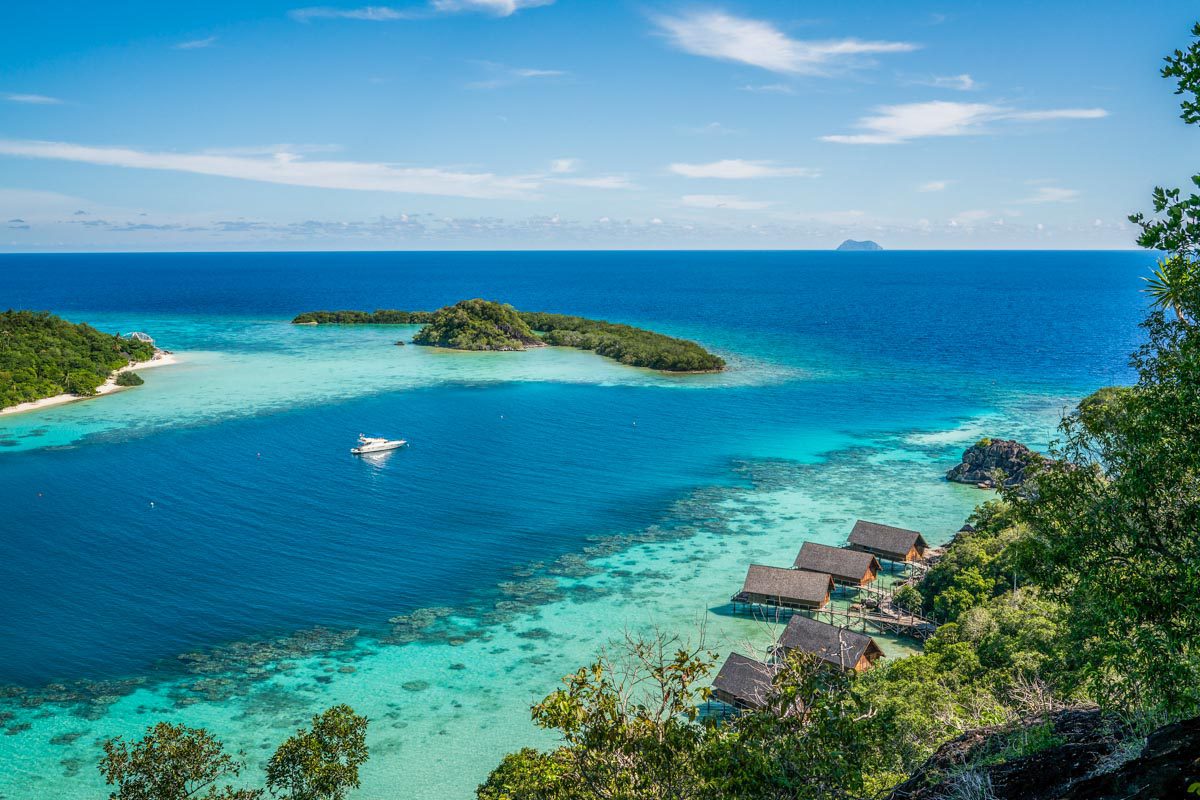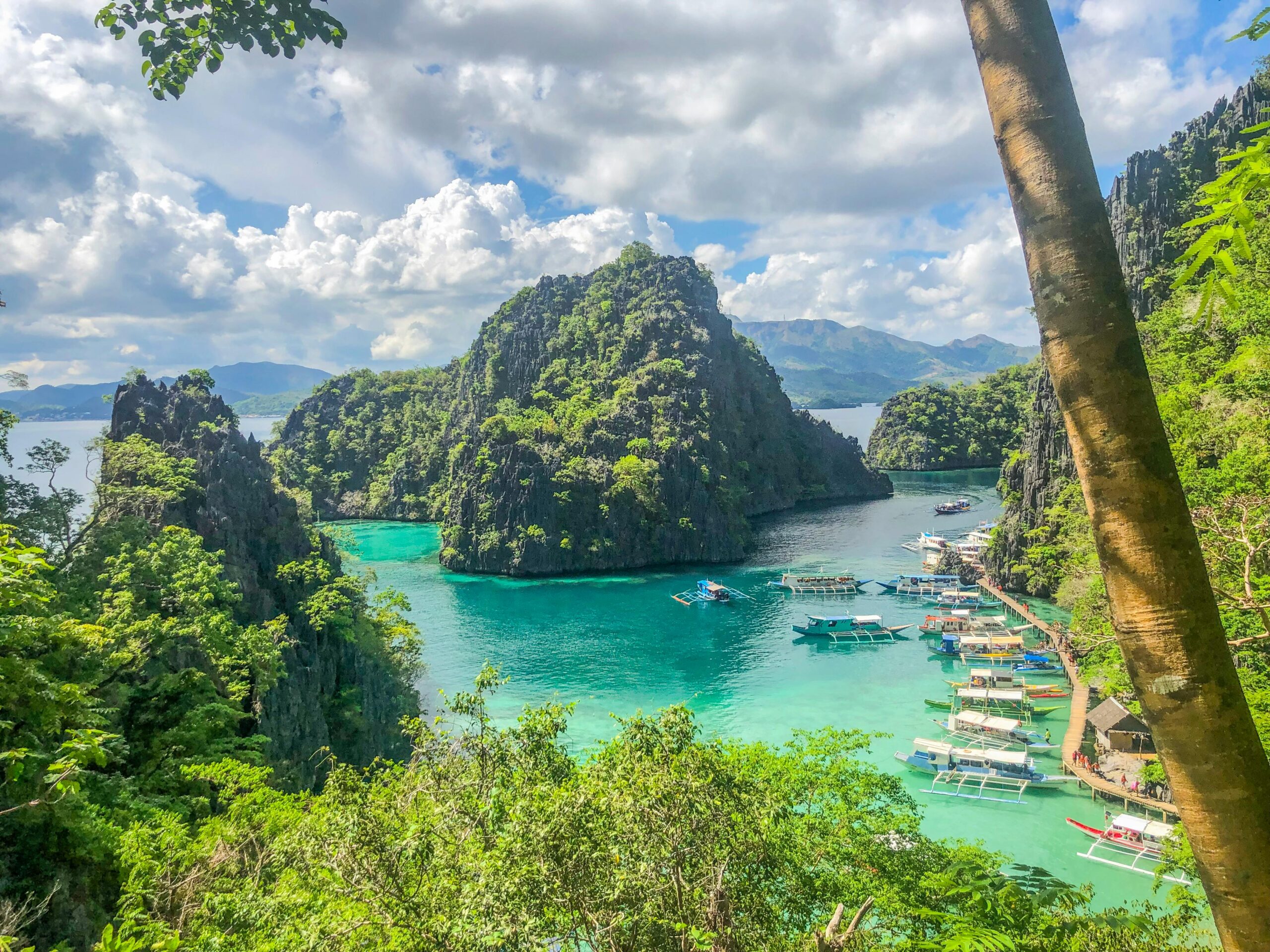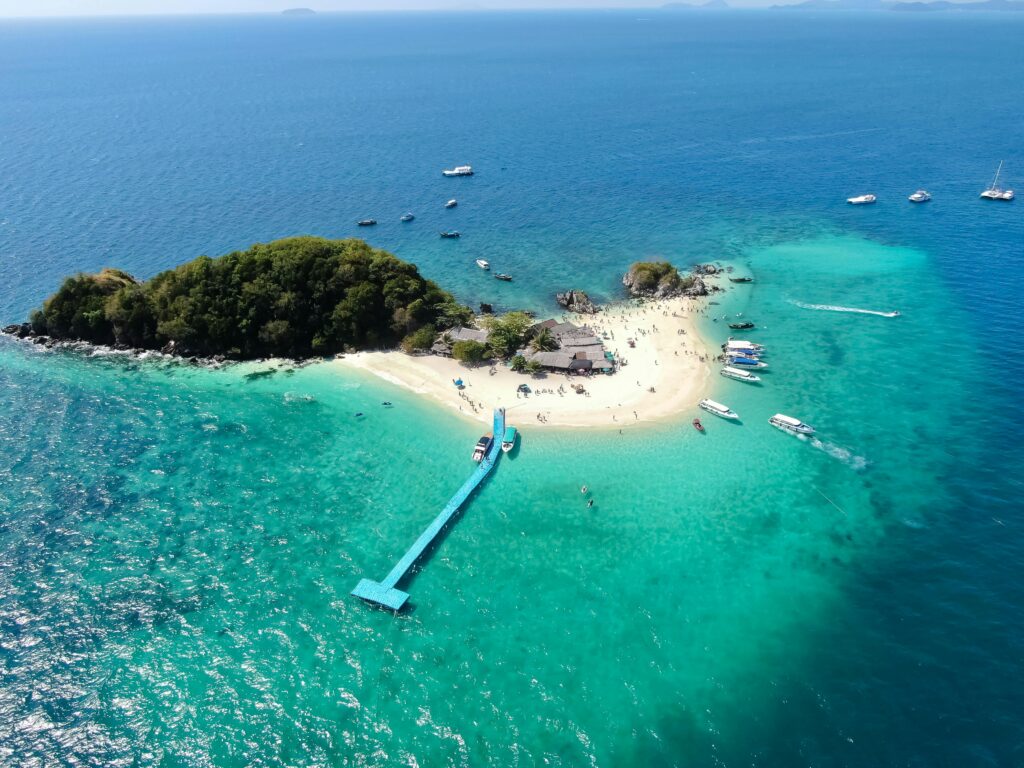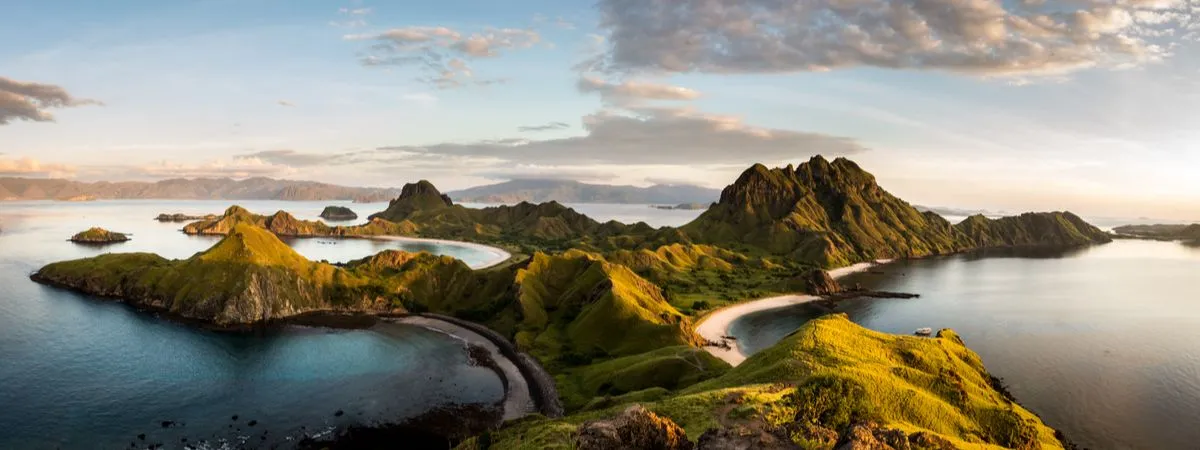Sustainable Travel in Asia’s Remote Islands: How to Explore Them
Some of the most isolated islands in Asia are some of the most beautiful locations on the planet with clean and blue waters good beaches and fauna. Although people have become inclined towards traveling more often, such marginal habitats are also in danger. Sustainable travel is not just the latest catchphrase; it’s the only way to go. Sustainable Travel in Asia’s Remote Islands: How to Explore Without Harming the Ecosystem, On this page, we’re going to look at how one can indulge in these distant Shangri-Las responsibly, to the extent of exerting as little impact on the environment as possible.
Map Of Asia
Why Sustainable Travel Matters
The affected islands in Asia, including the Maldives, are ecological and can hardly be developed sufficiently to absorb the workforce displacement. Cultural, social, and chemical pollution, excessive visitation, customer pressure, and greed challenge coral reefs, marine life, and communities. Through sustainable tourism, not only do you maintain these rare ecosystems but also help the locals benefit from the output of tourism.
Here are the Top Sustainable Travel in Asia’s Remote Islands: How to Explore Them
1. Bawah Reserve, Indonesia
Situated in the Anambas Archipelago, Bawah Reserve is a luxury eco-resort that is striving to offer a world-class environmentally friendly experience. Located near colorful coral reefs and dense jungle, the privacy of this island requires that only a limited amount of guests are allowed within a day.

Sustainability efforts: Bawah is solar-PV powered, includes a water catchment system and follows reduced waste-generating systems. The resort is also actively participating in different coral restoration activities.
What to do: Snorkeling, rainforest exploring, and nature-friendly boat trips.
2. Palawan, Philippines
Described as one of the most beautiful island destinations in the world, Palawan remains unspoiled. Some of its resorts particularly those in El Nido and Coron are eco-friendly in a bid to keep up the area’s wonder.

Sustainability efforts: Many low-impact tourism facilities such as El Nido Resorts are adopting water conservation, renewable energy, and waste management. The reefs around the hotels are protected areas to allow guests to participate in reef preservation projects.
What to do: Underground rivers; Small rivers; Unseen beaches; Eco–diving; Come face to face with unique species of the world; UNESCO world heritage sites including the Puerto Princesa Subterranean River National Park.
3. Koh Rong Samloem, Cambodia
Koh Rong Samloem is a small island not very popular as a tourist destination in Cambodia which is an ideal island for eco-friendly tourists. However, attempts to popularize the island continue with the essence of sustainable tourism to maintain the natural look.

Sustainability efforts: A lot of the places to stay on the island are small, wooden cottages, with emphasis on solar lighting and no use of any form of plastic. It is possible to find volunteer programs to clean the beaches and educate the tourists on sustainable uses of the beaches.
What to do: Eco-snorkeling, jungle treks, beach clean-up, and fundraising events.
How to Travel Sustainably on Asia’s Remote Islands
1. Choose Eco-Friendly Accommodations
When choosing your accommodations, choose an eco-resort or local guesthouse, which respects the environment. There can be a variety of certifications like Green Globe, and EarthCheck, or when the accommodations have such clear points about their policy on environmental issues they could also be considered.
2. Minimize Plastic Use
Large amounts of plastic debris especially threaten islands. Equipment to bring includes reusable water bottles, shopping bags, and straws. They have prohibited single-use plastics, like in the case of Bali islands so this is a good practice. Read About Important Travel Accessories.
3. Support Local Communities
Sustainable travel does not only focus on the impact left behind on our natural environment but also a way of giving back to the economy. Shop for local produce at restaurants, buy groceries from local stores and markets and take guided tours from local companies. This is important in ensuring that each money spent goes to the people within the society.
4. Respect Wildlife and Marine Life
Overall, one of the biggest attractions for visitors to Asia’s islands is the seas and ocean around, teeming with life. But bad tourism can harm coral reefs and upset an ecosystem. Use free time for eco-diving and snorkeling; never contact the coral; do not interact with marine animals. However, if you are into kayaking or boating, make sure your tour operators adhere to certain eco-tourism policies.
5. Reduce Your Carbon Footprint
By definition, reaching islands means having to take connecting flights and boats, which pollute the environment. Lessen your carbon footprint by joining conservation programs, going tree planting, or supporting causes that aim to address global emissions. To promote environment-friendly practices many eco Resorts also have carbon offset programs.

See Also
1. Eco-Friendly Water Sports
Several islands have watersports that include snorkeling, scuba diving, and kayaking among others. It is also important to select operators that are sympathetic to the environment and use non-motorized safe equipment.
2. Participate in Local Conservation Efforts
Almost all the islands present a chance for people to contribute to conservation, this can be through cleaning up the shorelines or being involved in acts like coral gardening. Participation in these activities not only prevents harm to the environment but also makes one feel at one with the place you are in.
3. Cultural Immersion Experiences
Of course, sustainable travel also encompasses the issue of respecting the local culture. Take a tour with a local person, visit a cultural function or workshop, and learn about local art, music, food, or products such as farming.
Conclusion: Traveling Responsibly for Future Generations
Ecotourism and traveling sustainably to isolated islands in Asia means that not only should one’s soil impact be low, but the beauty of these sites must be kept from vanishing. It’s possible to support the local culture and economy while also being kind to the land and sea by not littering and eating from plastic bags and choosing eco-friendly accommodations.
Even though tourists prefer visiting wild and exotic places such as Indonesian jungles or Filipino beaches, responsible travel lets you appreciate the beauty of these wonderful lands and preserve the unique nature of these countries. We should make every journey memorable because the world around us is too precious to be wasted or destroyed.


